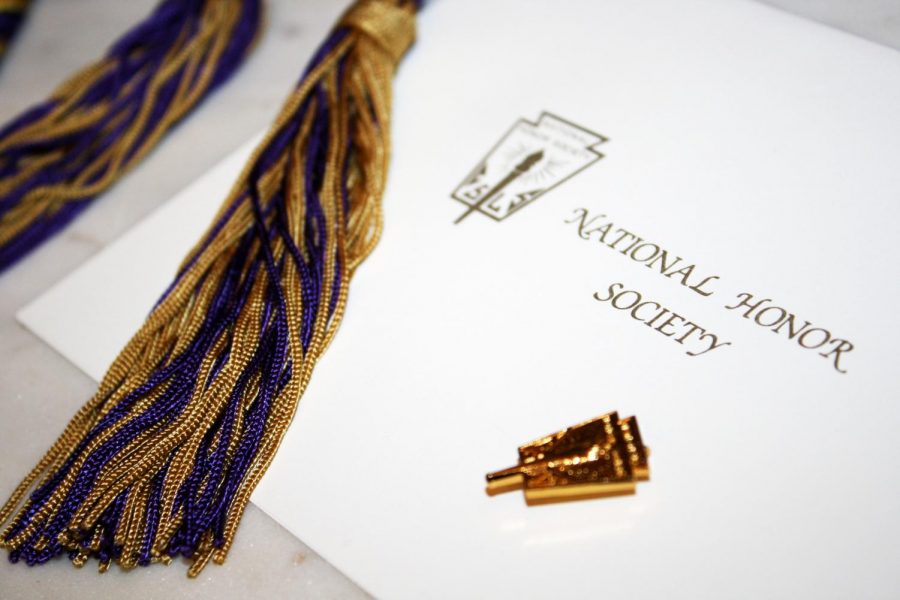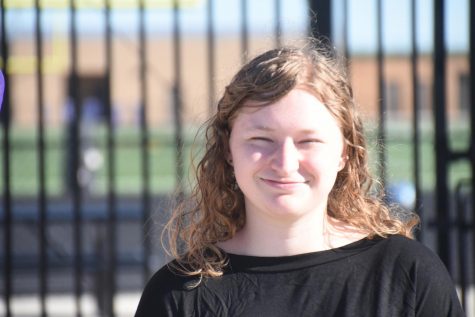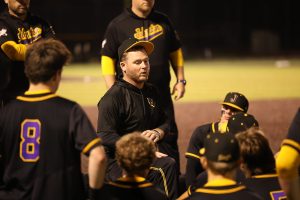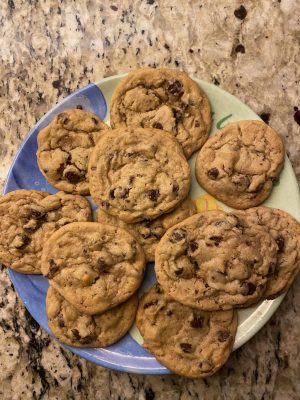Getting into National Honor Society
Behind the scenes of the application and selection process.
A National Honor Society (NHS) certificate lays next to a NHS pin and the cord NHS members receive at graduation.
March 31, 2019
Every year, dozens of students get an email inviting them to apply for National Honor Society (NHS). They pick up a letter from Physics and Chemistry teacher, Chris Beguhn. The letter then instructs each student about where to find the NHS application and how to fill it out. This sets in motion students gathering information about everything they have ever participated in in order to fill out an eight page application.
STAR teacher, Jennifer Palmer became an adviser for NHS about 5 years ago. Since then, the application process has mostly kept the same classic set-up. One of the changes was made by Beguhn. Beguhn built a mathematical equation to balance the points for the volunteer, extra-curricular, work, teacher recommendations, and essay portions of the application. “My part made it more quantitative, so it was more cut and dry,” Beguhn said. “What it has done, is take the emotion out of it.” This helps put all the students on a more level playing field than what the 3.5 GPA application requirement creates.
While all of the application pieces are relatively balanced, the teacher recommendations are a crucial indicator of a student’s qualifications. “I think they should be a part of every application,” Palmer said. “I think teacher recommendations are very important and then of course, your community service are your two most important.” Since NHS is a service based organization, seeing that students have given back to their community is important to both teachers.
Sometimes students do not fill out the application with all of their service hours. Since Beguhn is also the Silver Cord adviser, she realizes just how many hours students volunteer. However, Beguhn can not acknowledge those hours unless the students write it in their application. “That’s the sad part of it, especially knowing what some kids have for Silver Cord, but if they don’t put it in their application, I can’t take my Silver Cord knowledge to their paperwork,” Beguhn said.
Unfortunately, some students do not have the luxury to volunteer. Many students have to work, it is not always a choice. To account for this, part of the application asks for any work experience. This way students that have the financial freedom to work without pay will not have an unfair advantage.
The application also has a portion about where the student has been a leader in their life. For some students this isn’t a big deal, but it can be hard for others. “It’s hard sometimes because you’re like ‘I haven’t had that chance yet but I want to be in this group to get that chance,’” current NHS member, Sarah Andreasen ’20 said.
The application ends with an essay question. For many students, the essay is the most challenging aspect. Beguhn thinks the essay is about showing character and that it is not as tough as it seems. “I think kids make it tougher than it needs to be,” Beguhn said. The rubric only has three points and grammar does not matter unless the essay is unintelligible. This helps highlight the student’s individual attributes and passions, rather than their English skills.
Andreasen wrote her essay about her involvement with mental health. She talked about volunteering with Students for Change and various other organizations. “What have I done that would look the best? What have I done that sets me apart as a leader in JHS? It’s kind of hard, because I don’t think I’ve done anything crazy,” Andreasen said about how she decided to focus her essay. Talking about their accomplishments is one of the hardest parts of writing the essay for many students.
“If kids come in and ask us questions, that’s one thing we always tell them, ‘Don’t be afraid to brag about yourself.’ Because if you don’t, no one will do that for you,” Palmer said. In order to help students get over this roadblock, Palmer suggests students write down every single thing they have accomplished during their high school years, even if they think it will not count.
Points are awarded for every activity students are in and for their essay. Begun and Palmer score split scoring the applications each year. Then they show the committee the scores, only the numbers, no names. Then the committee is able to decide on a cut off number for acceptance with out being swayed by emotions. “That’s how we keep it fair,” Palmer said.
Palmer wants kids to know that they aren’t a failure even if they don’t get into NHS. “Because one, you have 3.5 grade average and for me that is amazing on it’s own,” Palmer said. Besides that, NHS does not matter beyond applying for college and scholarships. There are other things that will help students get into college that are just as impressive and NHS will not make or break any applications.






